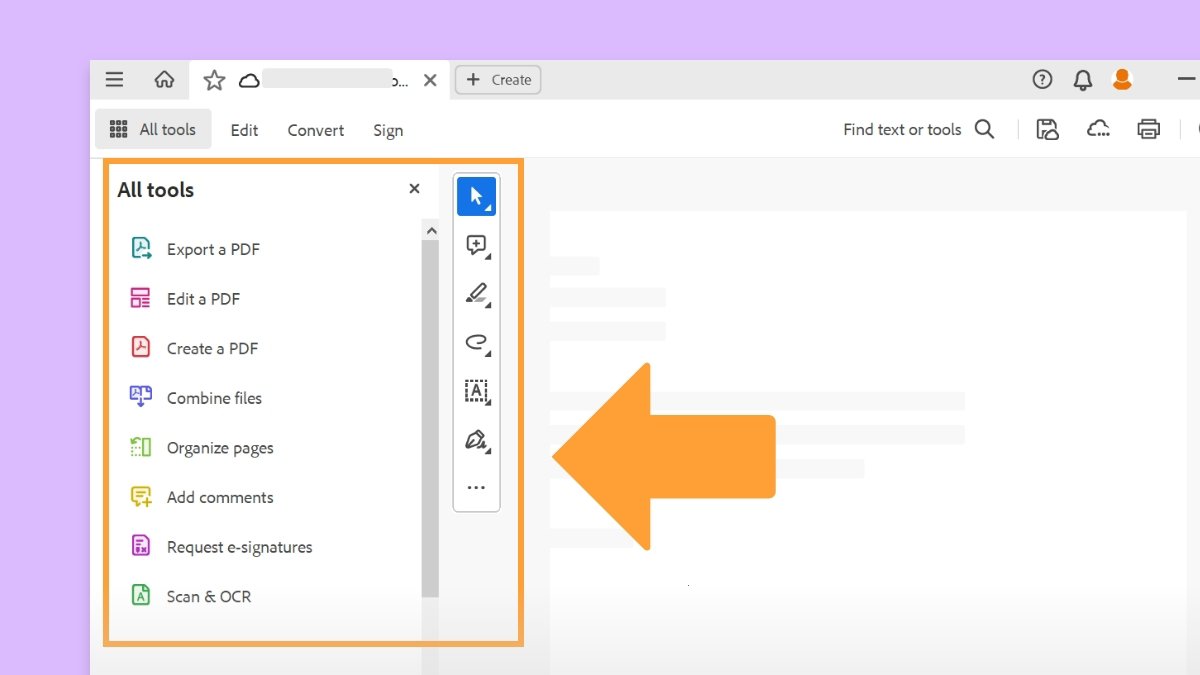Before you begin
We're rolling out a new, more intuitive product experience. If the screen shown here doesn’t match your product interface, select help for your current experience.
Before you begin
We're rolling out a new, more intuitive product experience. If the screen shown here doesn’t match your product interface, select help for your current experience.


You can use the Preflight tool to fix many errors in a document. You add error corrections, called fixups, to a profile to do this. The fixup automatically corrects the problem, if possible, or provides information so that you can correct the problem in the source file. A profile with a fixup has the gray wrench icon next to it. An outline of a wrench means no fixups are associated with the profile.
Preflight includes several predefined fixups that you can add to a profile. These cover a broad range of errors that affect color, fonts, images, print production, compliance with international standards like PDF/X and PDF/A, and other areas. Preflight also includes a toolkit for creating your own single fixups.
A fixup permanently changes the document.
For example, fixups can perform the following actions to correct errors:
Convert color spaces, just as the Convert Color feature does.
Repair documents and eliminate unneeded content to reduce file size, just as PDF Optimizer does.
Convert the PDF to a different version.
Widen hairlines.
Flatten transparency.
Remove objects outside the trim and bleed boxes.
Prepare the PDF for PDF/X, PDF/E, or PDF/A conversions.
Set document information.
The Preflight tool includes a collection of fixups to add to a profile. These are all available from the Fixups section of each profile.
Open Acrobat, and select All tools > Use print production > Preflight.
Open the Preflight dialog box by selecting Preflight from the left pane. Select a profile, and select Edit next to the profile name.


Expand the category with the profile you want, and then expand the profile. Then select Custom fixups from the items under the profile.
If necessary, unlock the profile so that you can modify it. Select Unlocked from the drop-down menu at the upper-left.


Select a fixup from the column on the right and then select the left-facing arrow to move the fixup to the column on the left.
You can add as many fixups as you want.
To remove a fixup from a profile, select the fixup from the list on the left and click the right-facing arrow.
The Edit Fixup dialog box lists the types of predefined fixups you can add to a profile, and the values associated with each fixup. You can use the Edit Fixup dialog box to change the values associated with a fixup, or create a custom fixup based on an existing one. Like checks, fixups are organized by categories.

A. Fixup name B. Fixup categories C. Search D. Areas in the fixup that can be modified E. Fixup criteria F. Button to see which profiles use the fixup

You can create a custom fixup for certain jobs or output devices. The settings you specify determine what output intent is used, what color conversions take place, how images are compressed and sampled, and what PDF compatibility level the PDF must support. Although you can modify any predefined fixups, it's better to duplicate an existing fixup and change its values as long as they are unlocked. This technique is useful if the fixup belongs to multiple locked profiles, and you don’t want to find and unlock all those profiles.
A duplicated fixup is unlocked by default because it does not yet belong to a profile. You can also create a single fixup that can be quickly run without it being part of a profile.
In the Profiles panel of the Preflight dialog box, go to Select Profiles .
.
Select a profile and select Edit next to the profile name.
Select Custom fixups from the left pane of the Preflight: Edit profile dialog box.
If necessary, select Unlocked from the drop-down menu.
Under Custom fixups In this profile, select the New icon ![]() .
.
Name the fixup and specify the criteria using Fixup category section. Once done, select OK.
In the Preflight: Edit Profile dialog box, select the fixup on which you want the new fixup to be based, and select the Duplicate button ![]() on the right.
on the right.
Modify the information in the Preflight: Duplicate Fixup dialog box or create a new column.
To see which profiles currently use this fixup, select Usage. You may need to unlock other profiles before you can modify the fixup.
Do any of the following, and select OK:
Enter the name in the Name box at the upper-left to rename the fixup.
Specify options or values for each selected fixup option to change how an error is handled.
In the Profiles panel of the Preflight dialog box, select the Select Single Fixups button  .
.
Select Options, and then select Create Fixup.
The new fixup appears in the group appropriate to its category and type.
In the Profiles panel of the Preflight dialog box, select the Select Single Fixups button  .
.
Select an existing fixup, and select Options > Duplicate Fixup.
In the Profiles panel of the Preflight dialog box, select the Select Single Fixups button  .
.
Select the fixup you want to set up as a favorite.
Select the flag next to the name, and select Favorite.


Work smarter with Acrobat on your desktop
Create, edit, and organize PDFs with powerful tools that help you stay productive anywhere.